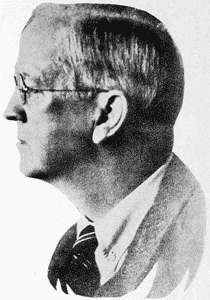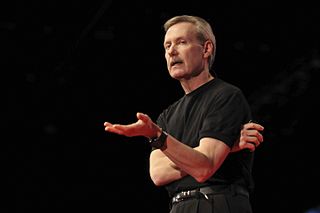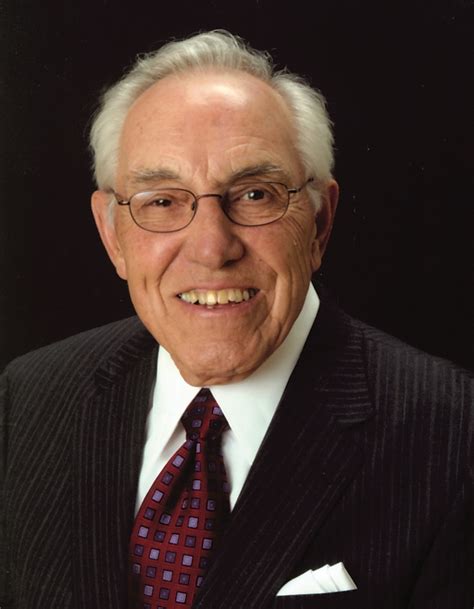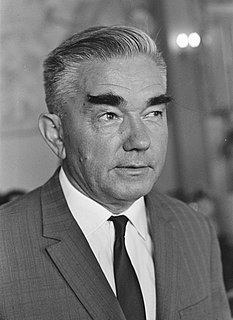A Quote by John Stuart Mill
They who know how to employ opportunities will often find that they can create them; and what we can achieve depends less on the amount of time we possess than on the use we make of our time.
Related Quotes
I believe that our society's "mistake-phobia" is crippling, a problem that begins in most elementary schools, where we learn to learn what we are taught rather than to form our own goals and to figure out how to achieve them. We are fed with facts and tested and those who make the fewest mistakes are considered to be the smart ones, so we learn that it is embarrassing to not know and to make mistakes. Our education system spends virtually no time on how to learn from mistakes, yet this is critical to real learning.
He who cannot find time to consult his Bible will one day find he has time to be sick; he who has no time to pray must find time to die; he who can find no time to reflect is most likely to find time to sin; he who cannot find time for repentance will find an eternity in which repentance will be of no avail; he who cannot find time to work for others may find an eternity in which to suffer for himself.
The best results are achieved by using the right amount of effort in the right place at the right time. And this right amount is usually less than we think we need. In other words, the less unnecessary effort you put into learning, the more successful you'll be... the key to faster learning is to use appropriate effort. Greater effort can exacerbate faulty patterns of action. Doing the wrong thing with more intensity rarely improves the situation. Learning something new often requires us to unlearn something old.









































